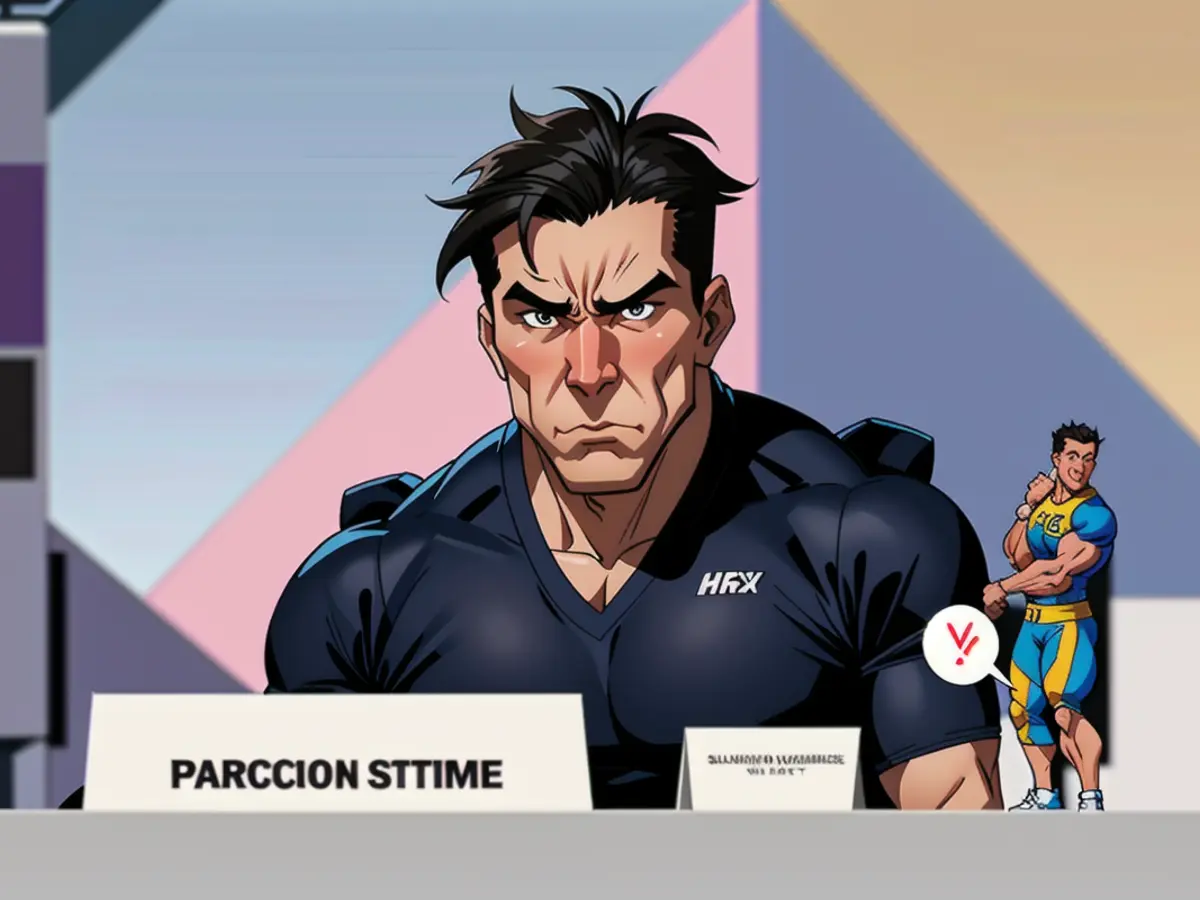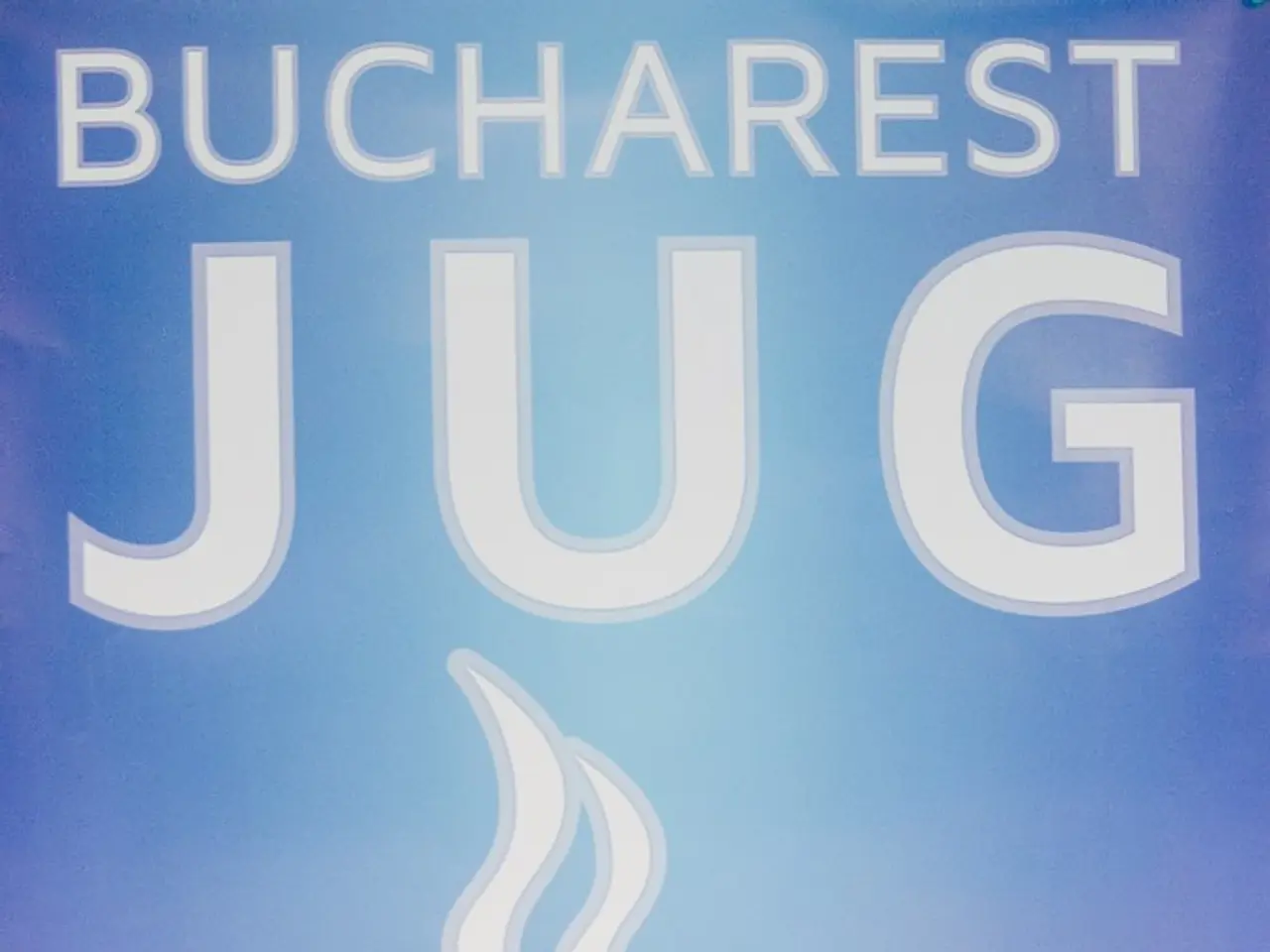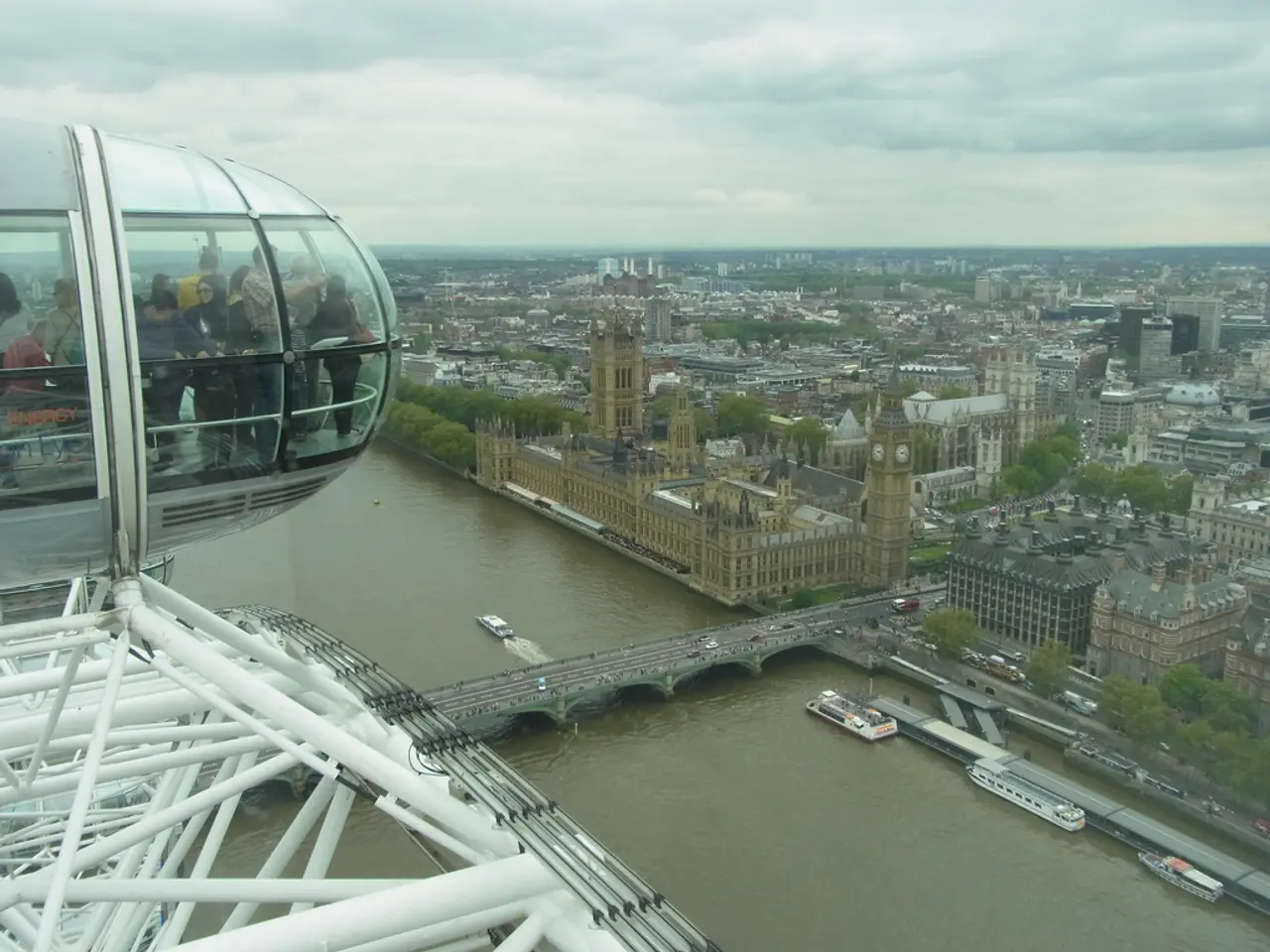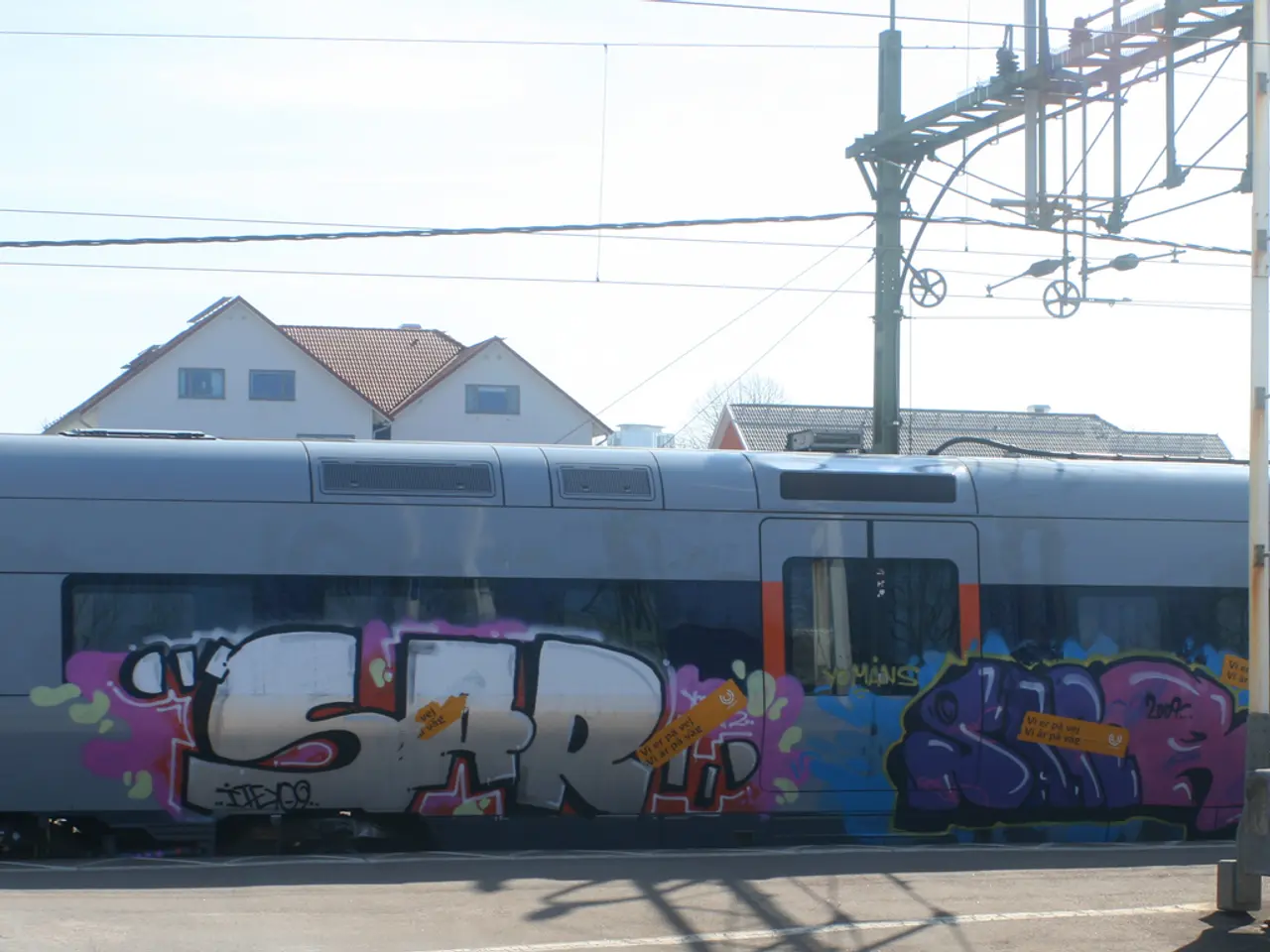International Dilemma: Should Russian Athletes Be Allowed to Compete in the Olympics?
With the Winter Olympics 2026 looming on the horizon, the question of whether Russia and Belarus can compete or not has sparked intense discussions among the IOC Presidential candidates.
In a dramatic twist following Russia's invasion of Ukraine, the International Olympic Committee (IOC) suspended the Russian Olympic Committee (ROC) in 2023. Since then, some Russian and Belarusian athletes have participated under a tightly controlled neutral status, stripped of their national flags, emblems, and victory ceremony anthems.
To compete as neutrals, the athletes must pass a vetting process by their international governing bodies, demonstrating that they have not publicly supported the war, including on social media. Those who meet the criteria are labeled as Independent Neutral Athletes (AIN) and compete in neutral clothing. If they clinch a win, a neutral piece of music is played instead of their national anthem.
The eligibility to compete as neutrals is determined by individual international sports federations. While several federations have allowed a few competitors from the two countries, the winter sports federations, including skiing, snowboarding, curling, luge, and ice hockey, have stood firm: no Russians or Belarusians, even as neutrals.
Seven hopefuls, with one exception, have publicly admitted that this situation cannot continue indefinitely. But what's the solution? How can this impasse be resolved?
HRH Prince Feisal Al Hussein of Jordan, president of his country's Olympic committee and a candidate for the IOC Presidency, emphasizes the importance of inclusion, not exclusion. However, he also acknowledges the need to uphold the Olympic charter, stressing sanctions for any nation violating it.

On the other hand, David Lappartient, currently President of the International Cycling Union, suggests a more conciliatory approach, with the objective being to welcome the two countries back into the field once the conflict is settled.
However, some, like Johan Eliasch, current president of the International Ski Federation, believe the current system, under which Russian and Belarusian athletes can compete as AIN, is working well and should continue.
Amidst all this uncertainty, one thing is clear: the athletes from both countries are in limbo, waiting for the conclusion of the war and resolution of their participation status for the 2026 Winter Olympics in Milano-Cortina. Qualifying events in various sports are underway this year, but without a definite decision from the international federations on the number and eligibility of athletes, preparations are marred by doubt and uncertainty.
References:
- https://www.insideolympic.com/news/673532/isu-start-process-for-individual-nominations-of-russian-and-belarusian-athletes-for-the-2026-winter-olympics
- https://www.bbc.com/sport/olympics/53431080
- https://www.bbc.com/sport/olympics/56595304
- https://www.insideolympic.com/news/682077/olympic-games-tokyo-2020-al-hussein-bids-for-ioc-presidency
- Candidates for the IOC Presidency are discussing the eligibility of Russian and Belarusian athletes to participate in the 2026 Winter Olympics neutrally, given the ongoing restrictions imposed by the International Olympic Committee (IOC).
- David Lappartient, one of the IOC Presidential candidates, has proposed a conciliatory approach, aiming to allow the re-entry of athletes from Russia and Belarus once the conflict in Ukraine is resolved.
- Olympic leader Morinari Watanabe, a part of the IOC Evaluation Commission for the 2026 Winter Olympics in Milano-Cortina, is among those who will play a crucial role in deciding the participation and limitations imposed on athletes from these countries.





